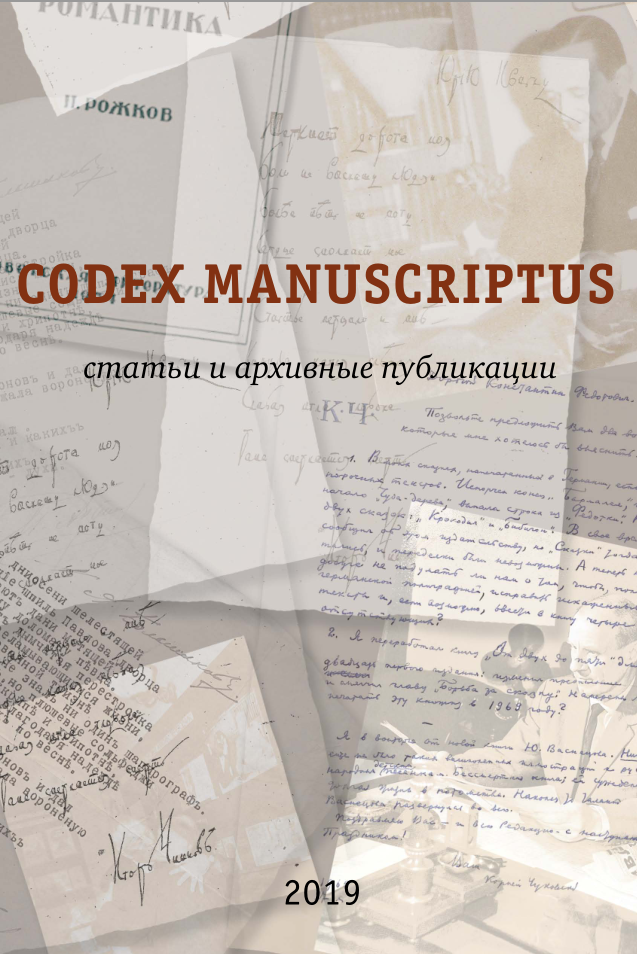Abstract:
The category of the fantastic as a special genre in literature and art has no definite boundaries and is defined in modern literary criticism ambiguously, depending on the material under study and the time frame. Yu.V. Mann defines the fantastic as a “conditional conventionality” in literature, taking its origins in the mythological consciousness of the ancients, and subsequently acquiring the features of the so-called “veiled fantasy”. “Mysterious stories” by I.S. Turgenev are an example of just such a form of artistic convention, in which special attention is paid to the psychological motivation of the characters, the coexistence of the rational and the irrational in the characters and destinies of the heroes, the interaction of the real world with the fictional world. In this regard, fantasy is used not as an end in itself, but as “intentional artistic conventionality”, contributing to the disclosure of the ideological and artistic intention of the author. In the article, based on the analysis of the stories “Faust”, “The Song of Triumphant Love” and “Clara Milic”, the archetype of tragic love is traced in the context of the symbiosis of fantasy and reality, creating a unique picture of the author’s worldview.






